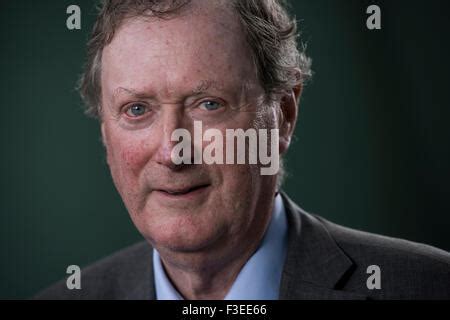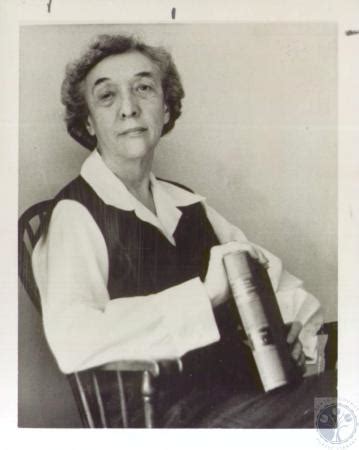A Quote by Stephenie Meyer
When I told you I didn't want you it was the blackest kind of blasphemy
Related Quotes
First of all, let me give my comments on the blasphemy law. This law was introduced by the military dictator General Ziaul Haq. No one demanded the blasphemy law in Pakistan. But he wanted to give protection to his undemocratic rule, dictatorship, by using religion. So Pakistan came into being in 1947, and from 1947 until 1986 no case against any minorities was registered under the protection of the blasphemy law. Nobody from minorities was killed and no act of violence happened [against them].
Why do we protect children from life? It's no wonder that we become afraid to live. We're not told what life really is. We're not told that life is joy and wonder and magic and even rapture, if you can get involved enough. We're not told that life is also pain, misery, despair, unhappiness, and tears. I don't know about you, but I don't want to miss any of it. I want to embrace life, and I want to find out what it's all about. I wouldn't want to go through life without knowing what it is to cry.
William Shakespeare was the most remarkable storyteller that the world has ever known. Homer told of adventure and men at war, Sophocles and Tolstoy told of tragedies and of people in trouble. Terence and Mark Twain told cosmic stories, Dickens told melodramatic ones, Plutarch told histories and Hans Christian Andersen told fairy tales. But Shakespeare told every kind of story – comedy, tragedy, history, melodrama, adventure, love stories and fairy tales – and each of them so well that they have become immortal. In all the world of storytelling he has become the greatest name.






































